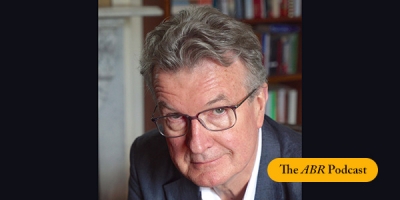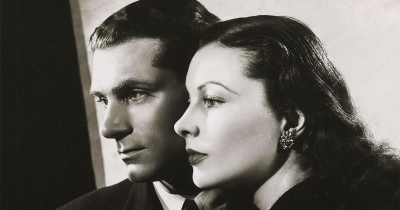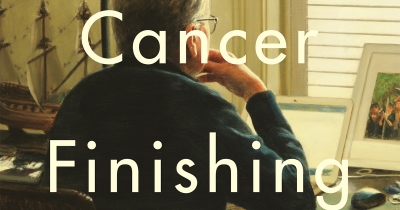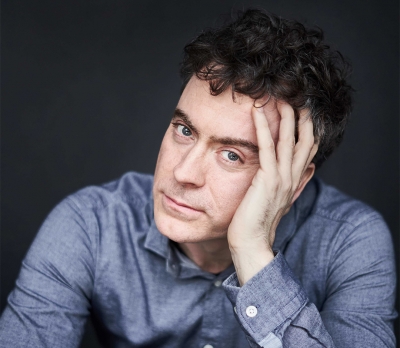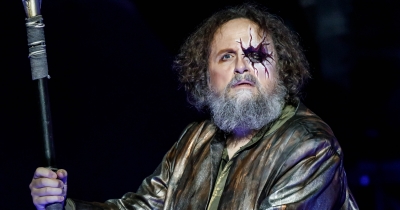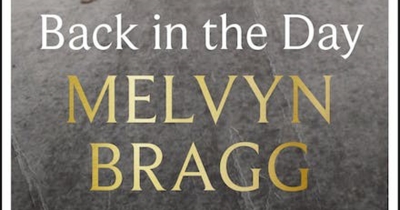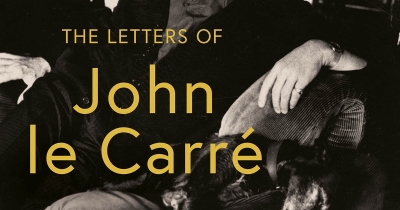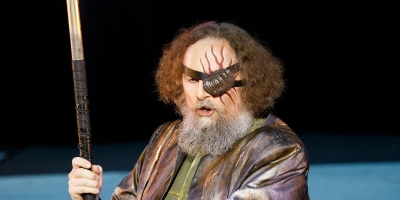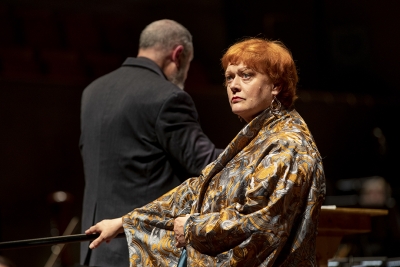Michael Shmith
Sign up to Book of the Week and receive a new review to your inbox every Monday. Always free to read.
Recent:
In this week’s ABR Podcast, Michael Shmith reviews a memoir from poet, novelist, librettist, and Adelaide GP Peter Goldsworthy. The book’s title is The Cancer Finishing School. Shmith begins by observing that doctors aren’t supposed to become incurably ill, before immediately recognising this as the useless delusion of a patient. Michael Shmith is a Melbourne-based writer and editor whose most recent book is Merlyn, a biography of the widow of Sidney Myer. Listen to Michael Shmith’s ‘It might be …: P is for Peter, physician, patient, poet’, published in the April issue of ABR.
... (read more)God and the Angel: Vivien Leigh and Laurence Olivier’s tour de force of Australia and New Zealand by Shiroma Perera-Nathan
The Cancer Finishing School: Lessons in laughter, love and resilience by Peter Goldsworthy
Given the unalloyed delight of hearing the English pianist Paul Lewis’s magnificent traversal of the late sonatas of Schubert, it is hard to believe that these pieces, now so central to the piano repertoire, were once so peripheral, so neglected, as to be considered at worst non-existent or, at best, gemütlich items of curiosity. The latter view was neatly encapsulated by the great Schubert virtuoso, Alfred Brendel. In the early 1960s, he was on a recital tour of South America when Pope John XXIII died. In Buenos Aires, Brendel was politely asked if he could change his program to rid it of the Schubert Sonata in A. The reason: ‘It could arouse frivolous associations because of Lilac Time.’ Brendel explained that the sonata was ‘a profoundly tragic piece’, and played it as planned.
... (read more)To celebrate the year’s memorable plays, films, television, music, operas, dance, and exhibitions, we invited a number of arts professionals and critics to nominate their favourites.
... (read more)To celebrate the year’s memorable plays, films, television, music, operas, dance, and exhibitions, we invited a number of arts professionals and critics to nominate their favourites.
... (read more)A Private Spy: The letters of John le Carré edited by Tim Cornwell
The past few weeks in Melbourne have seen a series of extraordinary musical events that collectively represent the ultimate triumph of the creative spirit over the forces of pestilence – something that applies equally to audiences as well as performers. There is certainly, hanging in the air, a palpable spirit of communion and fulfilled expectations from our re-emergence from the stygian isolation of Covid lockdown into the iridescent aura that only live performances can achieve. In Wagnerian terms, we are all Brünnhildes, reawakening from lengthy slumber to joyfully hail the sunlight. As it was – in life and in art – at Sunday’s magnificent performance of Siegfried.
... (read more)There are not too many parallels to be drawn between the House of Atreus and the House of Windsor, especially in these mournful times. But I could not help noticing one (admittedly tenuous) connection of memory and circumstance triggered by Victorian Opera’s powerful, almost magisterial one-off performance of Elektra and, later on at home, watching the procession of the Queen’s coffin down the Mall, from Buckingham Palace to Westminster Hall.
... (read more)

